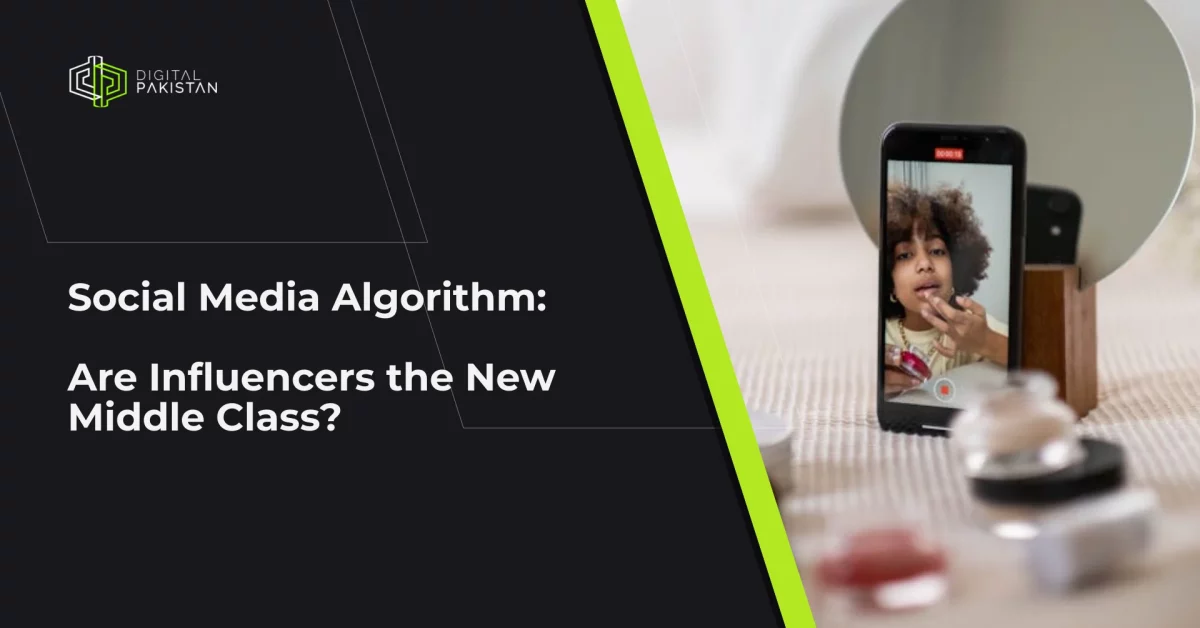
Daraz changing the digital landscape in Pakistan
January 20, 2023
AI and its Impact on Digitalization: Is it taking away jobs?
January 24, 2023Jazz and Women in Tech: A Match Made in Heaven
One cannot question the truth that is the place of women in the tech discourse of Pakistan, and once that truth is known, one must question the place and participation of women in the Pakistani tech discourse.
While the questioning and the work done are like a road under construction, Jazz Pakistan, for one, is hitting it at the grass-roots level with their Digital Pakistan Fellowship Program. A program aiming at the technological literacy of women in Pakistan, eventually keeping the goalpost of women’s participation in tech in sight.
The program’s first cohort, that is currently underway began in the latter half of 2022 at the National University of Sciences and Technology (NUST). Interestingly, the fellows recruited comprise a 4-member all-women team, led by three strong women at the top. Now, the program has made its way to Fatima Jinnah Women University, ready to have skillful women aboard for the myriad of roles and learning experiences it offers. More specifically, those involved will have a real-time, hands on experience with tech-journalism.
Not only will the program engage the youth in the discourse around tech-based innovation, but it will also enable them to become monumental forces in building the creative economy as evolving from the Digital Pakistan dream and agenda. With the program’s strategic and sincerely intended focus on women, the Digital Pakistan dream expands to include the vast majority of the population, which is female. This not only checks the digital inclusivity box, but also contributes to overall national development; for when the women come to play, magic is bound to happen.
It is also crucial to point out how the initiative goes in line with the United Nations Sustainable Development Goals (SDGs). Those adhered to via this program are:
- SDG 5 – Gender Equality
- SDG 9 – Industry
- Innovation and Infrastructure
- SDG 10 – Reduced Inequality.
It is high time women step into the realms of tech, for the future must be one that includes their vision, needs, and ideals. Thus, it is with incentives like these that women must be prepared with the skillset necessary to harness the tech world. The indispensability of the cause is thus evinced by the fact that if the said is not achieved, the future though still an AI one, will be one that is biased too. Algorithmic biases will penetrate a system that is trained by a homogenous set of people, biases that can be extremely gender based so as to make the female faction of society feel unseen.
Then let our women become the women as characteristic of a Digital Pakistan Dream.






